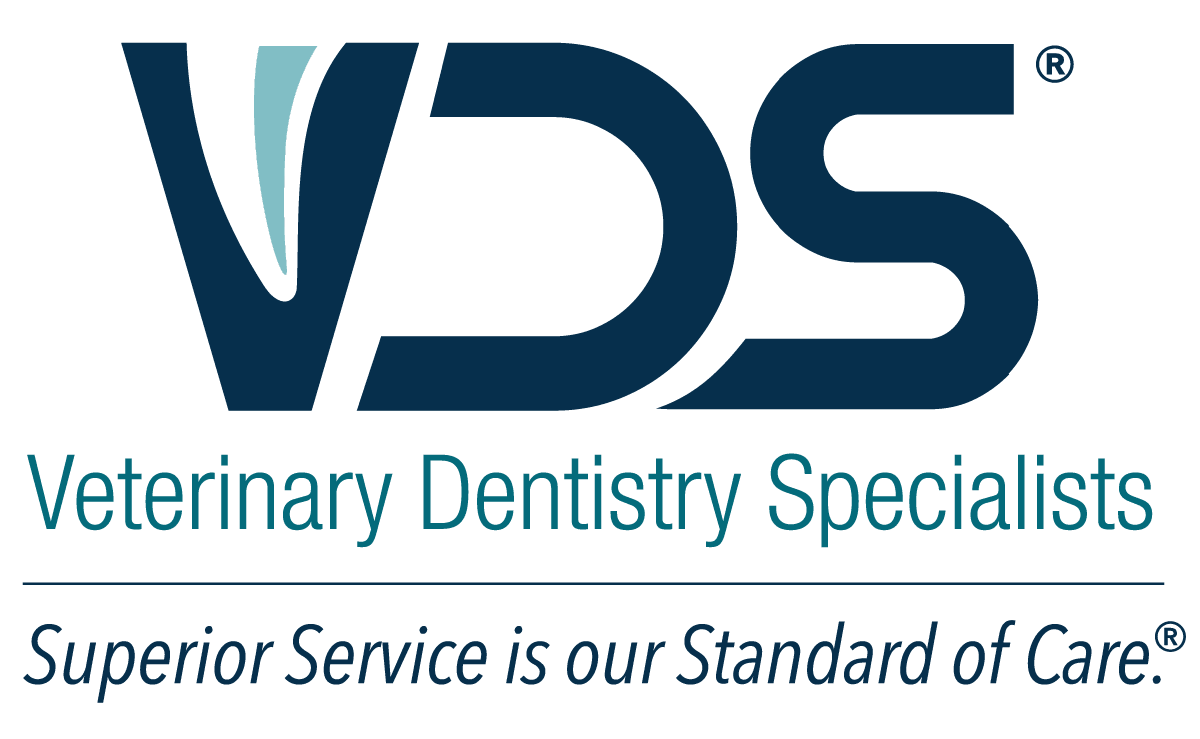Veterinary Anesthesia
For Your Pet’s Comfort, Safety and Optimal Care
Comfort: Anesthesia eliminates any pain that may occur during a dental procedure, making it possible to successfully perform these procedures with minimal stress and discomfort for your pet
Safety: Pets are being asked to cooperate with a procedure they don’t understand, and they tend to react by trying to escape, or biting or scratching. Sedation ensures that needed dental procedures can be completed safely, without injury to your pet (or the doctor!)
Quality of care: With anesthesia, your pet’s dentist can safely and painlessly inspect or clean below the gum line (where most dental disease occurs) and perform more advanced surgical procedures. Plus, if x-rays or a CT scan is needed, your pet must lie completely still in order to obtain useful images, and sedation enables this.
What’s Included
Comfort
Safety
Quality of care

Are you Concerned About Anesthesia For Your Pet?
It’s important to know that, when appropriately administered by a highly trained veterinary expert, anesthesia confers very little risk for cats and dogs. That’s why we have a full-time, board-certified veterinary anesthesiologist who is involved in every case we undertake.
We follow strict protocols before, during and after anesthesia is administered to ensure your pet’s safety:
- Your pet is carefully evaluated—through blood work, a physical exam and medical history review—prior to any procedure to ensure he or she is healthy enough for anesthesia
- The anesthetic drug and dosage are carefully adjusted depending on your pet’s age, weight and health condition—there’s no “one size fits all” when it comes to anesthesia
- We use the latest anesthetic agents and local anesthesia—which minimizes the depth of general anesthesia required
- Your pet’s heart rate, blood pressure, breathing and other vital signs are closely monitored during the procedure, using equipment identical to that used in human medicine
- After the procedure, your pet is closely supervised by a licensed veterinary technician ensuring a smooth recovery
While we realize that anesthesia will always have some level of risk, it’s important to know that today it’s safer than ever, making the risks extremely low—and they’re far outweighed by the benefits of a stress- and pain-free procedure, and your pet’s good oral health. Having a board-certified anesthesiologist directly manage administration of your pet’s anesthesia provides one more reason to trust VDS, the dentistry specialists.




